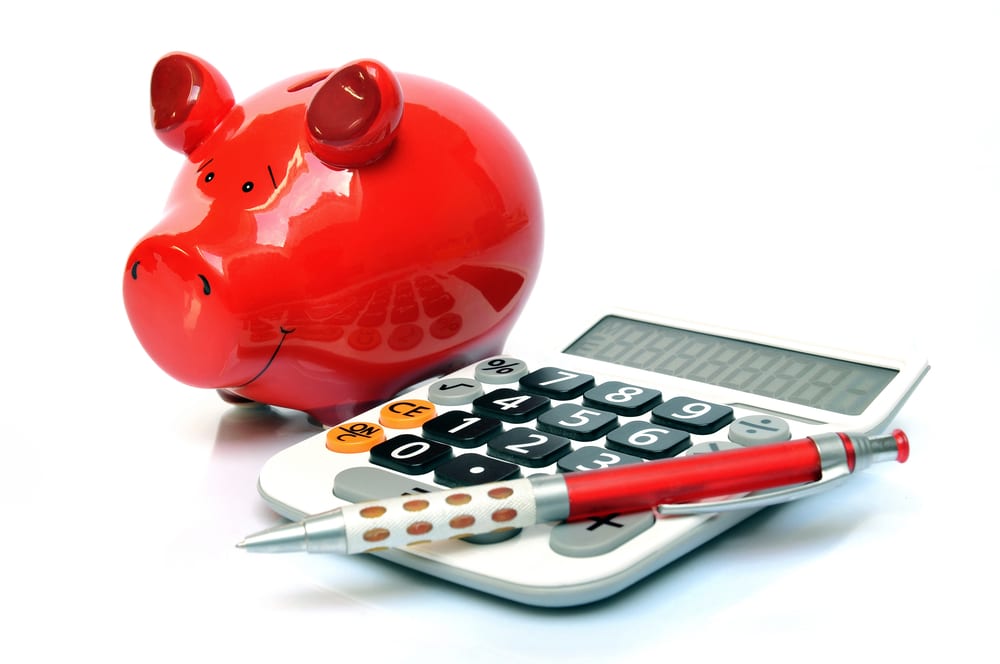Not every entrepreneurial venture ends in financial success. Sometimes it doesn’t work out. And when that happens the fallout is likely to include debt. If your business is no longer able to pay its debts, and doesn’t have the level of assets to cover liabilities, then it is insolvent.
Trading while insolvent is illegal. Stop and get advice from an insolvency practitioner.
Bankruptcy may well be the best option, but it means the end of the business and knockdown sale of assets. An IVA ( Individual Voluntary Arrangement) could enable you to keep trading and hold on to control of your assets, if the majority of your creditors are happy to agree a repayment schedule.
An IVA is not an easy option. Most last for 5 to 6 years. It’s important to consider how things will look at the end of the period and what the implications are for your credit status. Read on to find out more about an IVA and what happens when it is ended.
What happens at the end of an Individual voluntary arrangement?
Getting to the end of an IVA may feel like a real success. It means that you have successful managed on a tight budget,without credit, for over 5 years and that you are close to getting out of debt.
In exceptional circumstances you may be able to complete the period earlier by making a lump sum payment. But normally an IVA will last 5 or 6 years – the extra year is generally if you are a house owner and you are not able to re-mortgage when required to. However, your Individual voluntary arrangement could last longer than this if you have had any administrative issues.
If you keep up with payments the end of the IVA process is quite straightforward. The heavy duty paperwork is at the beginning. After that it’s all about keeping strictly up to date with your repayment schedule and being open and honest about your income and assets.
Your Individual Voluntary Arrangement completion certificate
When it is time for the end of the Individual voluntary agreement, your insolvency practitioner will get in touch to set up a last review with you. This will include a review of any outstanding funds that you may be able to pay into your Individual voluntary agreement. If you have had any bonuses or overtime from work, you might have to pay extra.
Once you have done this, your individual voluntary agreement company should send out the IVA completion certificate. This final stage generally takes 4 to 6 weeks. And then you will have a clean bill of corporate health in your hands.
What should you do at the end of your IVA?
You don’t have to do anything at the end of your Individual Voluntary Agreement – your insolvency practitioner will take care of the admin and paperwork. You should check that your important information is not on the Insolvency Register anymore – just look for your name on the register to find out if you show up. The Insolvency Service may take up to 3 months to take the information off the Register.
Your credit record
Your credit score will be affected by the individual voluntary agreement for 6 years from its inception. So if you complete in 5 years, you’ll still have another year of poor credit scoring. An IVA is likely to negatively affect your credit score beyond that period as well.
It’s important to be proactive about repairing your credit file.
You can start by checking your credit history to determine exactly what it shows about you. You ought to do this with all 3 credit reference agencies – Callcredit, Equifax, and Experian. And today, they all provide free versions of the credit file too.
The next stage is to show the credit reference agencies that you can manage your money. The Stepwise debt management charity suggest taking out a a small amount of new credit or a loan and they explain clearly how to do this sensibly and safely to build up your credit rating after completing your IVA.

